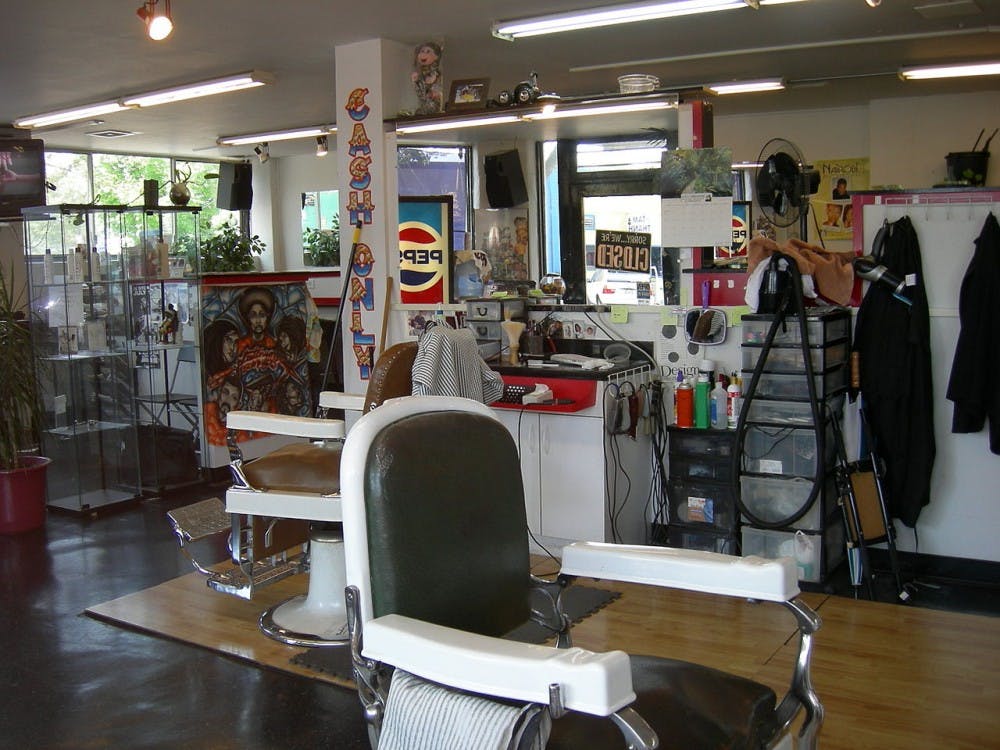Only five percent of American jobs required occupational licenses in the 1950s, a figure which pales in comparison to the quarter of American professions that are currently subject to licensing requirements today. Occupational licenses — government regulated certifications for practitioners within a certain field — were initially created to protect the public interest. Medical professionals, for example, whose daily career consists of life or death situations, obviously fit under this category. However, these licensing schemes have since come to regulate many non-dangerous professions for completely arbitrary reasons. In some states, make-up artists, interior designers and even florists to are required to obtain licenses before becoming legally certified in their professions. Ultimately, many state-mandated licensing requirements do little more than protect industry insiders and prevent well-intentioned entrepreneurs from pursuing honest work that poses no serious threat to public safety.
Hair braiding is one of the most arbitrary occupational license requirements currently on the books. Despite the differences between hair braiding and other cosmetology professions, 16 states currently mandate braiders to spend thousands of dollars on cosmetology school, which often requires thousands of hours of training in order to become legally certified. Cosmetology schools teach students how to cut or use chemicals on hair, skills which are completely unrelated to hair braiding. The District of Columbia and 14 states require licenses specifically for hair braiding alone, which demand between six and 600 hours to become certified. Seeing as hair braiding poses no significant public safety threats, there is no logic in allowing these licensing requirements to stand.
Even funeral casket-making has become subject to irrational occupational licensing schemes. Until 2013, when a landmark case overturned a former statute, it was illegal in for anyone but a government licensed funeral director to sell a casket to members of the public in Louisiana. The brothers of St. Joseph Abbey — a Louisiana monastery — tried to sell handmade caskets to the public in 2007 to fund their health care and and educational expenses, but were prohibited from doing so by the Louisiana state government. The Institute for Justice, a libertarian public interest law firm, helped overturn this statute in a unanimous decision in the 5th U.S. Circuit Court of Appeals, which ultimately ruled that “this arbitrary restriction served no legitimate public purpose and existed only to funnel money to the funeral-director cartel.” Although IJ succeeded in overturning this particular law, Louisiana still prohibits people from cutting, arranging and selling flowers without a license.
The campaign to reform occupational licensing is not limited to one side of the ideological spectrum. Even the Obama administration sought to reduce irrational occupational certifications that serve no purpose other than to raise consumer prices, create monopolies and construct significant barriers to entry for low-income workers who are simply trying to make ends meet.
Existing licensed practitioners often lobby state officials to expand licensing requirements so that they may benefit from reduced competition within their field. By expanding legal barriers to entry, practitioner associations limit the pool of certified individuals within their profession, allowing them to drive up the price for their services and create monopolies within specific markets. This issue became particularly apparent in North Carolina State Board of Dental Examiners v. Federal Trade Commission, when the Supreme Court held that a state-licensing board which banned non-dentists from selling teeth whitening products was a violation of federal antitrust laws. The court ruled that the North Carolina State Board of Dental Examiners violated the Sherman Antitrust Act because it allowed a state licensing board, comprised mostly of dentists who were active participants in the market they were regulating, to exclude competitors and create a monopoly over teeth whitening products.
Although this case held that certain incidents of market protectionism are unlawful, the court’s decision clarified that so long as occupational licensing boards are “subject to active supervision” by the state, they may not violate antitrust laws under the Parker Doctrine — which holds that the Sherman Antitrust Act does not apply to government agencies. Ultimately, the precedent established by North Carolina State Board of Dental Examiners v. Federal Trade Commission is all but useless because occupational licensing boards can still legally monopolize their own markets and exclude competition so long as they get bureaucratic stamp of approval by their state government.
Occupational licensing schools are also to blame for the red tape associated with licensing requirements. In claiming they have industry “expertise” within a certain field, certification schools construct arbitrary training requirements and charge astronomical tuition fees for students, perpetuating a system in which low-income individuals are unable to enter the labor market due to such significant economic obstacles associated with pursuing their chosen career path.
States need to recognize that the costs of occupational licensing — on both consumers and would-be practitioners — significantly outweigh the benefits. Elitist occupational licensing associations should not be empowered by states to monopolize professional markets, kill jobs and create undue barriers to entry for those who cannot afford both the time and monetary requirements associated with licensing certifications.
Audrey Fahlberg is an Opinion Columnist for The Cavalier Daily. She can be reached at a.fahlberg@cavalierdaily.com.







